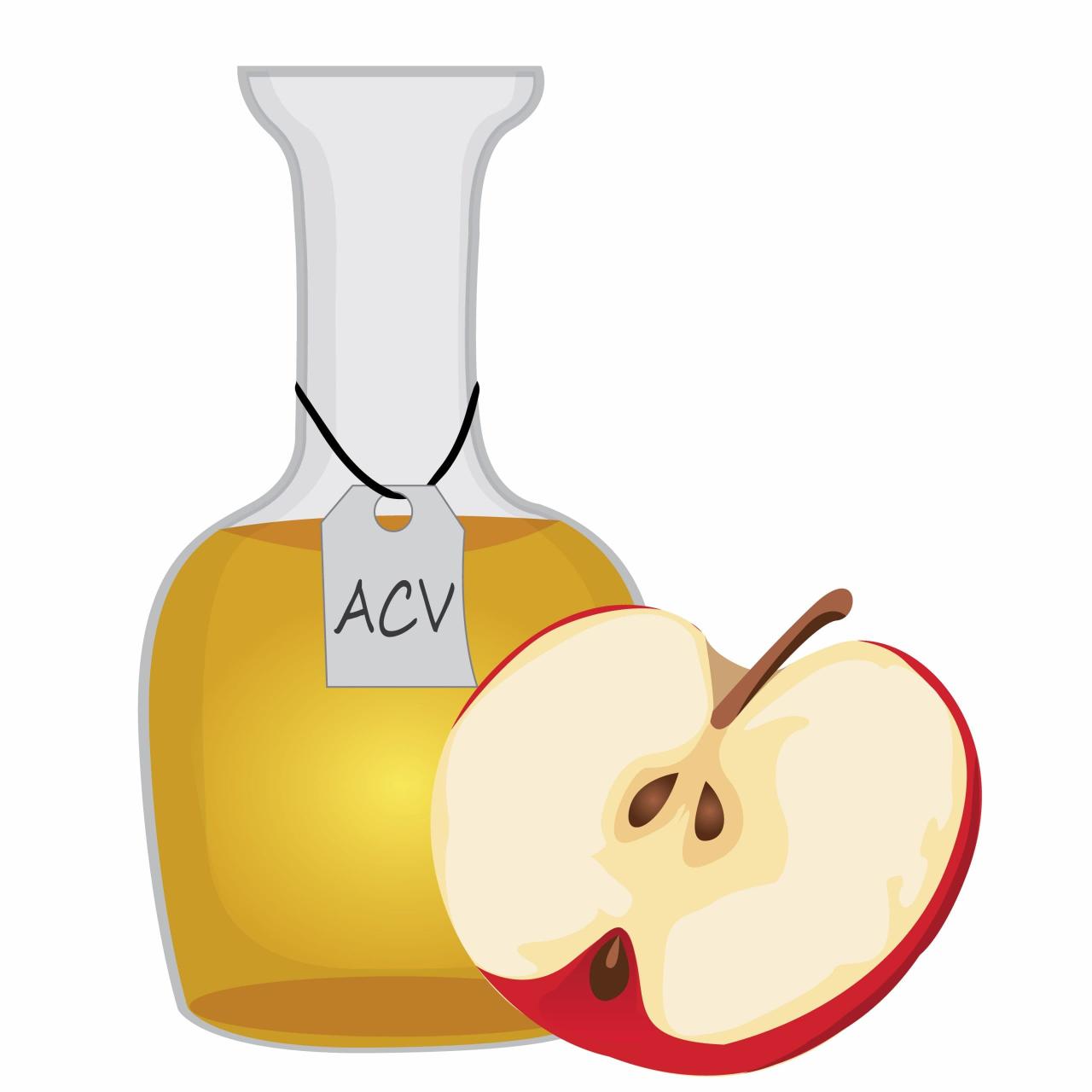
If you’re navigating life with ADHD, you know how much the right balance of food, supplements, and natural remedies can make a difference. While apple cider vinegar (ACV) might not be the first thing that comes to mind when you think about managing ADHD, this humble, tangy liquid has started to make waves as a natural ally for focus, energy, and overall well-being. Let’s take a closer look at how this zesty tonic could be just what you need to support your ADHD lifestyle.
What Is Apple Cider Vinegar, and Why Is It Relevant for ADHD?
Apple cider vinegar (ACV) is made from fermented apples, and during the fermentation process, beneficial bacteria transform the sugars into acetic acid. This is what gives ACV its sharp, tangy taste, as well as its potential health benefits. For those managing ADHD, ACV can support gut health, something that’s gaining more attention as we uncover the crucial role the gut plays in mood and brain function.
The connection between digestion, brain health, and mood is undeniable. For those of us dealing with ADHD, supporting gut health is key, and ACV might be just the natural remedy we need.
Unlock peak brain performance with science-backed biohacks. Join free now & get your guide for just £4.99 (45% off)!

How Apple Cider Vinegar Can Support ADHD and Neurodivergence
Let’s be clear: ACV isn’t going to cure ADHD, but it does have some nifty properties that can help manage symptoms and support overall well-being. Here’s how it could make a difference:
1. Gut Health for Better Cognitive Function
ACV is packed with probiotics that can help support a healthy gut microbiome. Why does that matter? Because a balanced gut can positively impact neurotransmitter production, including serotonin and dopamine, which regulate mood, focus, and behaviour, crucial for those with ADHD. When your gut is happy, your brain and mood have a better chance of being in sync.
2. Stable Energy Levels Without the Crash
If you have ADHD, you might be familiar with those frustrating energy spikes and crashes throughout the day. ACV can help stabilise blood sugar levels, providing a smoother and more consistent energy flow. The result? Fewer midday crashes and more sustained focus, which is a win for managing impulsivity and hyperactivity.
3. Natural Mood Support
The acetic acid in ACV may have anti-inflammatory effects, and inflammation is often linked to cognitive challenges and mood regulation issues in people with ADHD. By reducing inflammation, ACV can contribute to better emotional regulation, which can make navigating mood swings a little bit easier.
4. Boosting Absorption of Essential Nutrients
ACV can also enhance the absorption of minerals like magnesium, which is critical for brain function. Magnesium deficiency has been linked to ADHD symptoms, so anything that helps the body absorb these nutrients is a bonus. A well-rounded nutrient profile is essential for neurodivergent individuals, especially when managing focus and attention.
Easy Ways to Add ACV to Your ADHD Routine
Incorporating apple cider vinegar into your diet doesn’t have to be a complicated affair. Here are a few easy and tasty ways to make ACV a part of your ADHD-friendly lifestyle:
1. Morning Tonic for Focus
Kickstart your day with an ACV tonic. Mix one tablespoon of ACV with a glass of water, and add a dash of honey or a squeeze of lemon to make it more palatable. Sip it first thing in the morning to help with digestion and give your metabolism a gentle nudge, providing an energy boost without the jitters of caffeine.
2. ACV in Dressings and Dips
ACV isn’t just for tonics; it makes a brilliant addition to homemade salad dressings. Whisk it with olive oil, herbs, and a dash of mustard for a zesty, brain-boosting dressing. Pour it over nutrient-rich greens for a simple way to pack in those healthy fats and brain-friendly nutrients.
3. Energising Smoothie Add-in
Add a teaspoon of ACV to your morning smoothie. It brings a subtle tang and a load of health benefits, especially when paired with fibre-rich fruits like berries or oats. This gives your smoothie a stability boost, helping you maintain steady blood sugar levels throughout the day for better focus.
4. Cooking and Marinades
ACV works wonders as a marinade for lean proteins like chicken or tofu. Its acidity not only tenderises but also adds a flavourful zing. This makes it easier to increase your protein intake, an essential nutrient for supporting brain health in neurodivergent individuals.
Practical Considerations for Adding ACV
Adding ACV to your routine is simple, but here are a few practical things to keep in mind to get the most benefit:
- Start Slowly: If you’re new to ACV, begin with small amounts (like 1-2 teaspoons a day) and gradually increase it to avoid digestive discomfort.
- Dilute It: Always dilute ACV in water to prevent irritation to your stomach or enamel on your teeth.
- Go for Quality: Opt for raw, unfiltered ACV with “the mother” (this is where the beneficial bacteria and enzymes live) for maximum health benefits.
- Consult a Professional: As always, check with your healthcare provider before adding any new supplement or remedy, especially if you’re on ADHD medication or dealing with other health conditions.
Conclusion: Small Changes, Big Impact
Apple cider vinegar may not be a miracle cure for ADHD, but when used as part of a holistic ADHD management plan, it can certainly play a supportive role in boosting brain function, stabilising energy levels, and improving mood. As part of a broader plan that includes a balanced diet, exercise, mindfulness, and possibly supplementation, ACV can be a simple, natural addition to your routine that might help you manage ADHD more effectively.
Remember: It’s all about small, sustainable changes that can make a big difference over time. So, why not give it a try? ACV might just be the ally you didn’t know you needed in your ADHD journey.
Please note: While we share information and tips to support your journey, we are not health professionals. Always consult a qualified healthcare provider before making any changes to your wellness routine. Your health is personal, and we’re here to help guide you, not diagnose or treat.






